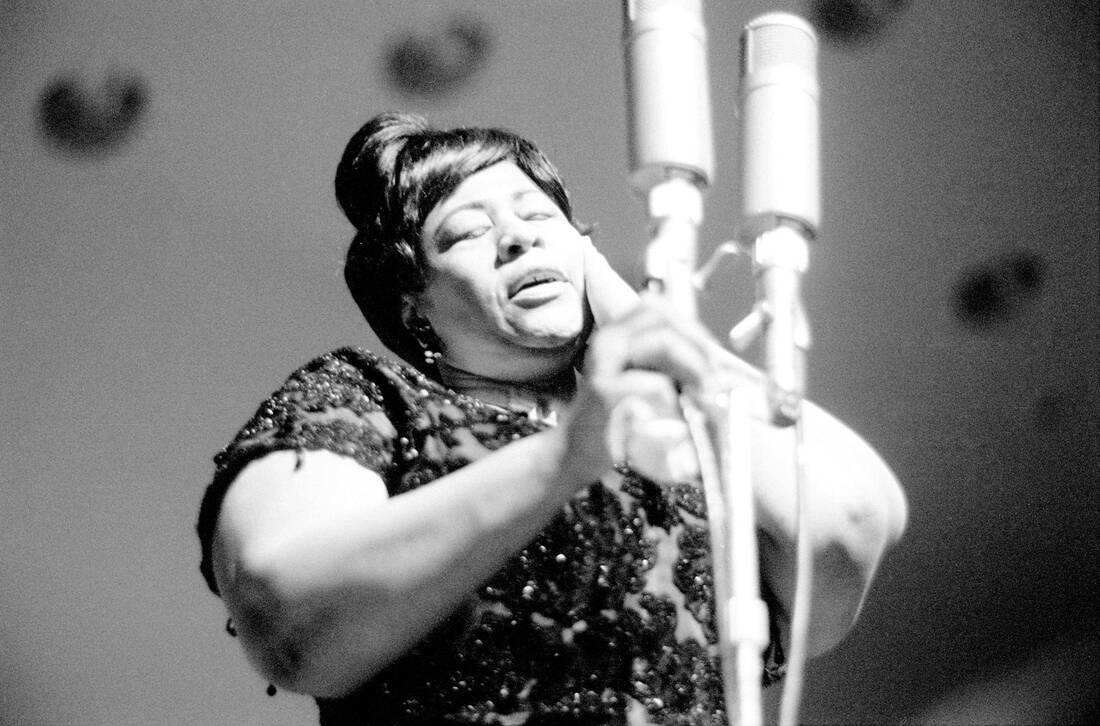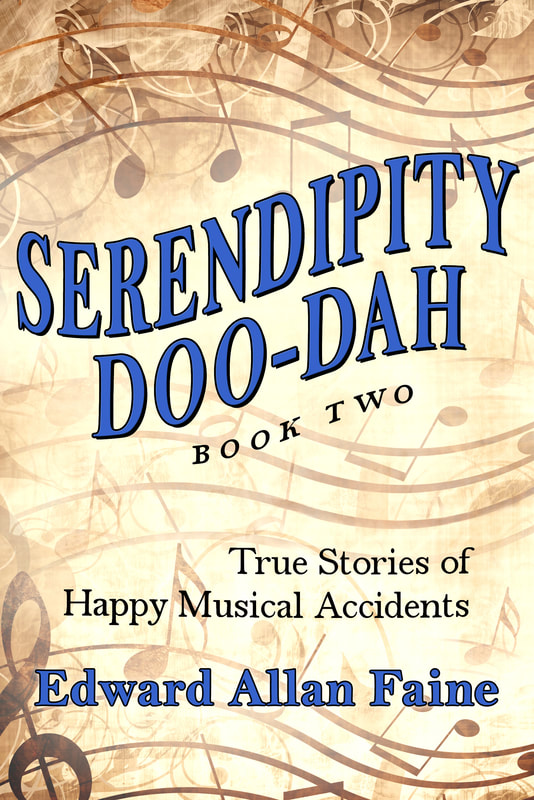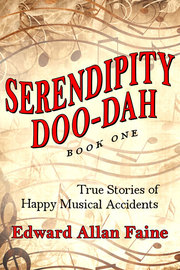Is it possible that singer Ella Fitzgerald’s career was the result of a happy musical accident? You bet. Read on.
It was 1934, and 16-year-old Fitzgerald found herself backstage at the Harlem Opera House, nervously shifting from one foot to the other as she waited to take part in an amateur contest as a dancer.
She hoped to dance professionally one day, and this was her first opportunity to strut her stuff. Behind the curtain, Ella peeked at the audience. She noticed with alarm that another dance act was onstage.
Uh-oh.
By then it was too late for Ella to bow out. The emcee was calling her name, telling the seated crowd that she was going to tap dance for them.
As the band started playing, her limbs felt like rubber, and she was too petrified to move. The emcee whispered, “Do something.”
Ella’s mind raced. What could she do other than dance? She thought about the music she heard on the radio and the records her mother had around the house. The Boswell Sisters just might work. She began to sing one of their tunes: “Judy.” The band knew the song and began to accompany her.
Her voice grew stronger and more confidant.
When the song ended, the theater erupted into cheers.
Ella offered another Boswell song, and after she finished singing, the audience applauded wildly. The emcee announced she had won a $25 prize.
Soon after, Ella decided to become a professional singer. Her six-decade career traversed the big band swing era, the subsequent bebop era, and beyond.[1]
But ask yourself, had the act ahead of Fitzgerald been anything other than dance—a comic, a ventriloquist, a gymnast, a singer even—would Ella have become, as Peggy Lee said at the Kennedy Center Honors, “the greatest jazz singer of our time," or as Bing Crosby said, “Man, woman, or child, Ella is the greatest singer of them all.”[2]
Serendipity Doo-Dah!
- Bud Kliment, Ella Fitzgerald: Singer (New York: Chelsea House Publishers, 1969), 16–19.
- Kliment, Ella Fitzgerald, 12, 14.




 RSS Feed
RSS Feed